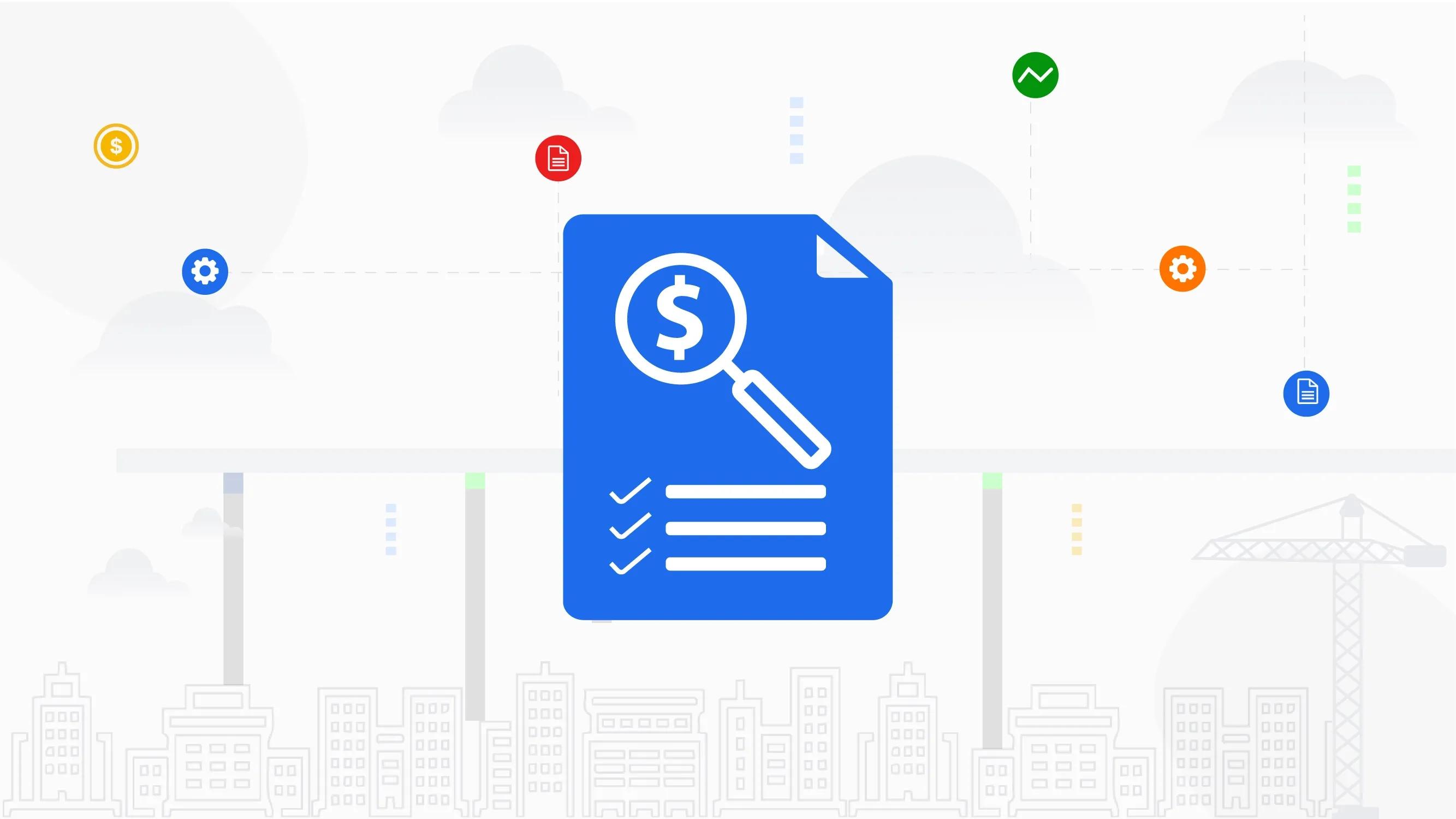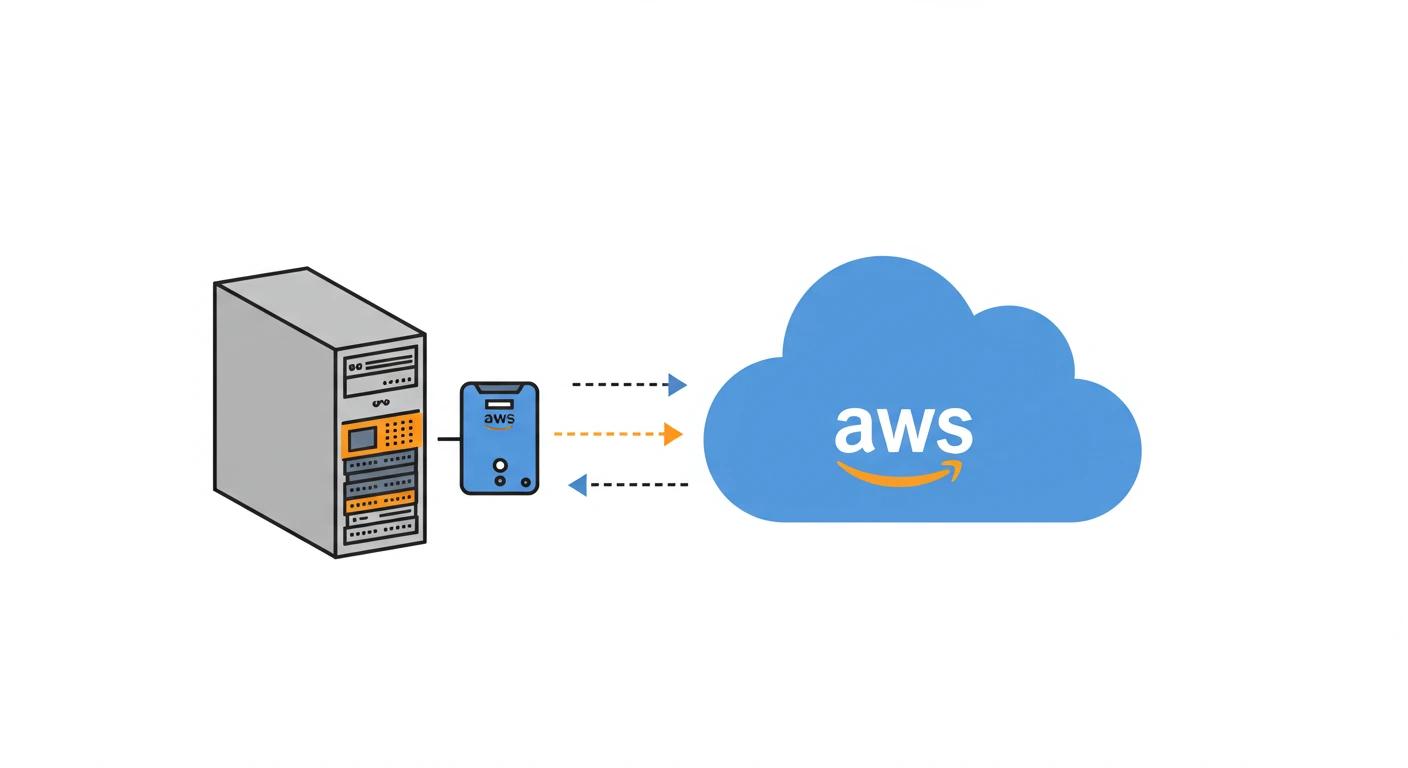
Migrating to the Cloud offers scalability, flexibility, and operational efficiency. However, failing to conduct a thorough cost assessment can lead to unexpected expenses and financial inefficiencies. Understanding the total cost of ownership (TCO) before migration helps organizations optimize budgets, avoid hidden fees, and ensure cost-effectiveness.
This guide highlights seven essential reasons why cost assessment should be at the core of your Cloud Migration strategy.
1. Avoid Hidden Costs and Budget Overruns
Cloud services come with complex pricing structures, including pay-as-you-go, reserved instances, and additional fees for data egress, storage, and APIs. Without a proper cost assessment, businesses often encounter unexpected charges that disrupt budgets. Evaluating potential costs in advance helps prevent financial surprises and ensures sustainable Cloud spending.
2. Maximize Cost Savings and ROI
Cloud Migration really brings down the cost of IT, but the goal of reaching the maximum cost efficiency will require the right strategy to implement commercially. Analyzing elements such as pricing models, service tiers, and workload optimization is an essential part of the process for companies to select the most Cost-effective Solutions. By conducting a detailed cost analysis, businesses can enhance their return on investment (ROI) and leverage Cloud benefits efficiently.

3. Manage Ongoing Cloud Costs Effectively
Cloud computing isn’t a one-time expense; it demands continuous cost monitoring and optimization. Unchecked usage, over-provisioned resources, and underutilized services can inflate expenditures over time. A structured cost assessment strategy ensures businesses have visibility into their cloud spend, allowing them to implement cost-control measures proactively.
4. Avoid Vendor Lock-in and Ensure Flexibility
Many businesses migrate to a single cloud provider without evaluating long-term cost implications. Vendor lock-in can lead to higher costs and limited flexibility in the future. Comparing multiple cloud providers and their pricing models during the assessment phase enables organizations to make informed choices and maintain agility in their cloud strategy.
5. Compare Cloud vs. On-Premises Costs
Shifting to the Cloud doesn’t always guarantee cost savings. Evaluating the cost differences between on-premises infrastructure and Cloud environments helps organizations determine the best option. Factoring in hardware, licensing, maintenance, and operational costs provides a clearer picture of whether Cloud Migration aligns with financial objectives.
6. Address Compliance and Security Costs
In the case of Cloud Migration, the increasing number of compliance and security standards, such as GDPR, HIPAA, and SOC 2, will raise the cost. Organizations in highly regulated industries must consider compliance expenses related to data protection, encryption, and security audits. A comprehensive cost assessment ensures these factors are accounted for, preventing legal or financial complications down the line.
7. Make Data-Driven Cloud Migration Decisions
Cloud Migration involves numerous decisions, from selecting the right provider to optimizing workloads. Cost assessment empowers businesses to make data-driven choices, balancing performance, security, and budget constraints. A well-planned cost strategy minimizes risks and maximizes the success of cloud adoption.

Final Thoughts: Cost Assessment as a Strategic Imperative
Cloud Migration is a transformative process, but without proper cost assessment, it can become a financial burden. By evaluating potential costs, businesses can:
- Avoid hidden expenses.
- Optimize Cloud spending.
- Reduce risks associated with vendor lock-in.
- Ensure compliance.
- Make well-informed migration decisions.
Free Cloud Cost Assessment for AWS & IBM Cloud Users
Wanclouds offers a Free Cloud Cost Assessment & Analysis for AWS and IBM Cloud users. Our cloud experts assess your cost management and optimization efforts to enhance financial efficiency. Schedule a free 30-minute consultation today! Click Here